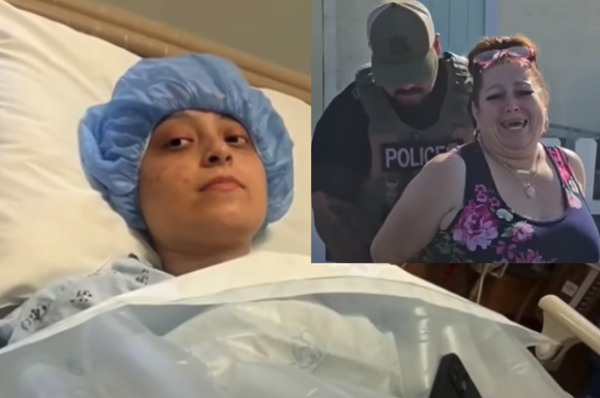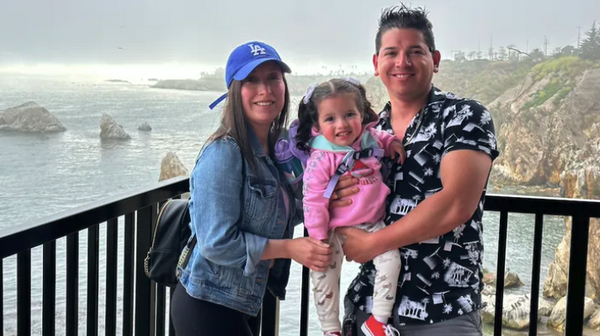Amid a surge of infections with the omicron variant of the novel coronavirus, there has been an increasing number of people forced to be away from work because they were in close contact with an infected person.
To maintain society's activities, it is necessary to change this approach to a reasonable one based on the characteristics of the variant.
For close contacts of people who have contracted omicron, the government has decided to shorten the 14-day period for which they are asked to quarantine at their home and other places to 10 days.
If close contacts are essential workers engaged in maintaining the functions of society, such as police officers and employees in the logistics industry, they can be allowed to end their quarantine early as long as they are confirmed to be negative by being tested six days after they last came into contact with an infected person, according to the government.
As the incubation period for omicron is around three days, shorter than the four to five days of the earlier delta variant, it is believed to be less likely that shortening the quarantine period would directly trigger a further increase in infections.
In Okinawa Prefecture, which is being hit by another surge in the number of cases, workplaces such as medical institutions, nursing homes and schools are facing serious labor shortages because many workers have to quarantine at home after being identified as close contacts. Considering that other countries have already shortened quarantine periods for close contacts, it can be said that Japan has made the decision too late.
Germany has set a quarantine period for close contacts of 10 days, but this can be shortened to seven days if they are confirmed to be negative through testing. Japan should also consider using tests to further shorten the quarantine period, without limiting it to people in specific occupations.
To make this happen, it is important to boost the PCR and antigen testing capacity so that close contacts can be tested when necessary.
Obviously, shortening the quarantine period should not result in neglecting measures to prevent infections. While omicron is said to have a lower risk of severe symptoms than the delta variant, some elderly people suspected of contracting omicron have died.
To prevent infections, what is most effective is to administer the third dose of COVID-19 vaccines. It is necessary to give shots to the elderly and people with chronic diseases as soon as possible.
The government has announced that it will bring forward the rollout of booster shots. It added that it will secure vaccines earlier than initially scheduled through negotiations with pharmaceutical firms, delivering 85 million doses to local governments through April, enough to cover 85% of people who are eligible for booster shot.
Prime Minister Fumio Kishida already expressed his aim to bring forward the schedule for administering booster shots when he delivered a policy speech in December last year. So far, however, only 0.9% of the population has received a third shot.
The public cannot be reassured by the mere announcement that the rollout of booster shots will be brought forward. It is important for the government to make clear why the campaign has been delayed and to present a specific road map for when they can receive booster shots.
-- The original Japanese article appeared in The Yomiuri Shimbun on Jan. 15, 2022.
Read more from The Japan News at https://japannews.yomiuri.co.jp/







